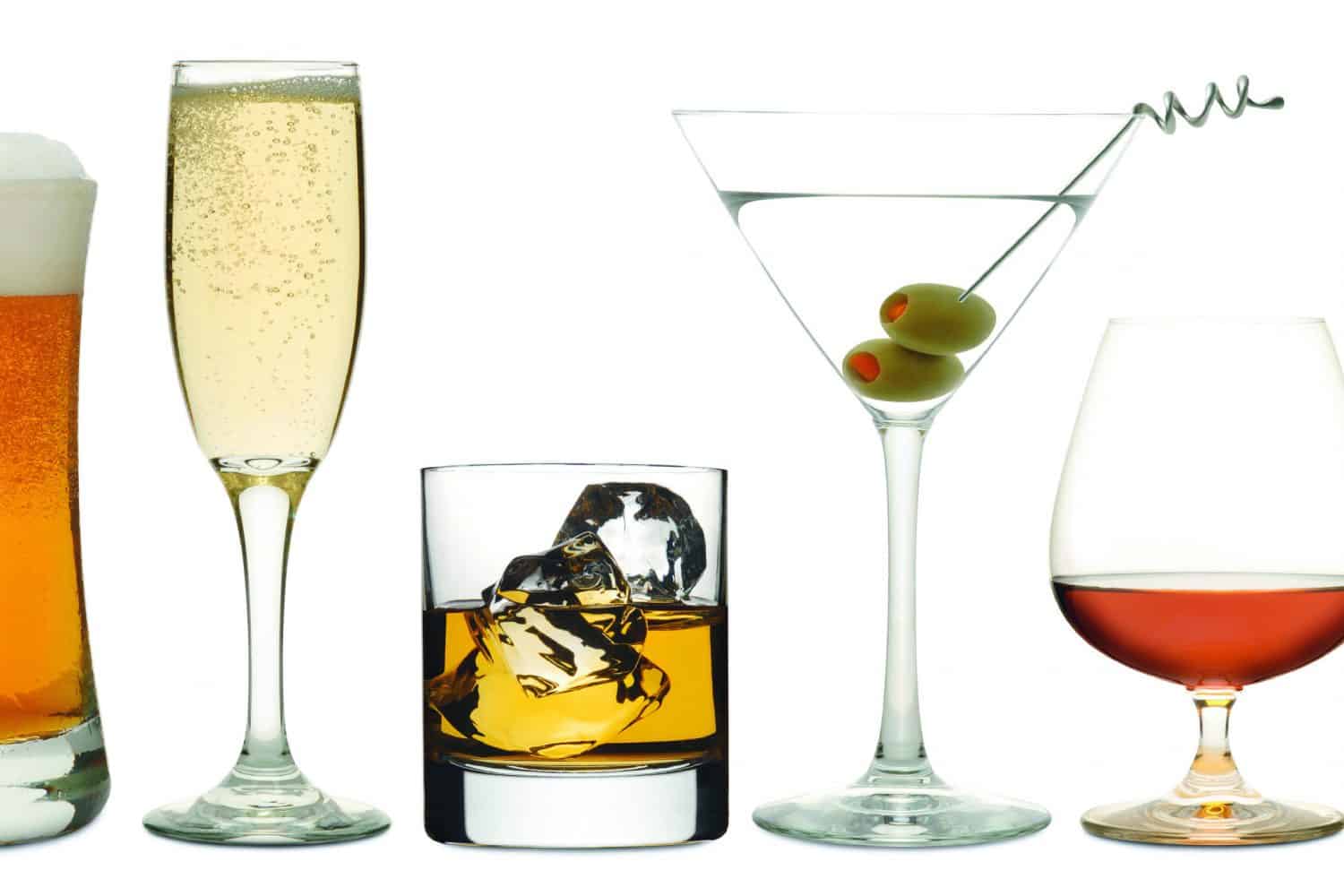So often we get questions about alcohol and the impact of drinking on our weight. This article addresses many common questions and allows you to make informed choices about your drinking!
Alcohol is a key part of how many people relax and unwind after a long day, socialise, and celebrate. However, it is a very energy-dense drink that doesn’t make us feel full and actually can make us feel hungry! We aren’t here to tell you never to drink alcohol, but instead provide you with some information so that you can make informed choices around alcohol.
How many kilojoules are in alcoholic drinks?
- 1x lower carb beers = 430kj
- 1x regular draught beer= 460kj
- 1x 100ml red wine= 355kj
- 1x 100ml white wine= 355kj
- 1x 330ml cider= 650kj
These figures are based on a standard drink serve – which is often much smaller than what we would pour for ourselves at home! Not to mention that alcohol is a nutrient-poor substance so it isn’t giving us any goodness despite the high energy load. So what impact does this have on our waistlines?
Alcohol and Weight
Picture this scenario- you have embarked on a weight loss journey. You are exercising daily and have made an effort to prepare salads and soups for lunches every day. After a long day of working and eating well, you arrive home and pour a glass of wine while you sit and chat before making dinner. You decide to have one more glass while you are cooking then clean up and head to bed.
Those 2 glasses of wine have contributed around 1068kj of extra energy to your day of eating. This is the same as eating any of the following:
- 10 squares of chocolate
- 1x trumpet ice cream
- 1x Mcdonald’s cheeseburger
- 1x small Mcdonals’d fries
I can’t imagine that someone who is trying to lose weight would want to eat any of these things before dinner!
Another common scenario is when you are attending a social occasion where drinks and nibbles are plentiful. Although you know that you have a meal waiting for you at home, alcohol is an appetite stimulant and therefore makes us feel hungry. Before you know it, you have not only had 2 glasses of wine, but also a few spring rolls, a club sandwich, and a mini savoury. Although you still don’t feel very full and know that you didn’t really eat that many extra snacks, this has contributed around an extra 2,798kj. This is equivalent to eating any of the following:
- 26 squares of chocolate
- 1x Mcdonalds chicken mayo burger AND 1x medium fries
- 9 slices of bread
Since the 2 glasses of wine stimulated your appetite, you are now on your way home to enjoy your evening meal on top of your pre-dinner snacks.
Although these 2 scenarios seem daunting, they are common situations that we are bound to experience at some stage! Of course it is absolutely fine to enjoy some drinks and nibbles occasionally, and some wine after working a long day, but if you are really struggling with losing weight, then alcohol could be a key factor standing in your way.
Here are a few tips from us to help you to enjoy your alcohol without it impacting on your weight loss efforts!
- Drink one glass of water between each alcoholic drink. This not only means you are more likely to drink less, but it keeps you hydrated so that your hangover isn’t as bad!
- If drinking spirits, use a diet mixer or soda water.
- Avoid RTD’s as these are often very high in sugar and possibly caffeine which means you have a worse sleep and a higher energy intake.
- Try to make a bottle of wine last 5 glasses.
- Choose lower alcohol beers and wines- these are also lower in energy.
- Decide whether it is the alcoholic drink that you crave when you are relaxing, or if it is the feeling of having a drink in your hand. Try pouring a non-alcoholic drink like sparkling water and lime instead of alcohol when you are relaxing after a long day.
- Aim to include some alcohol-free nights during the week! This will not only save you money and assist with weight loss, but it will also make you less groggy and more energized when you wake in the mornings.



